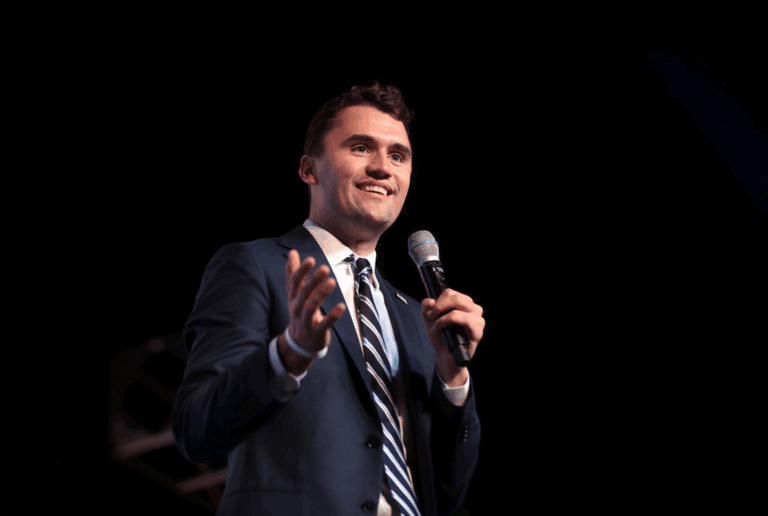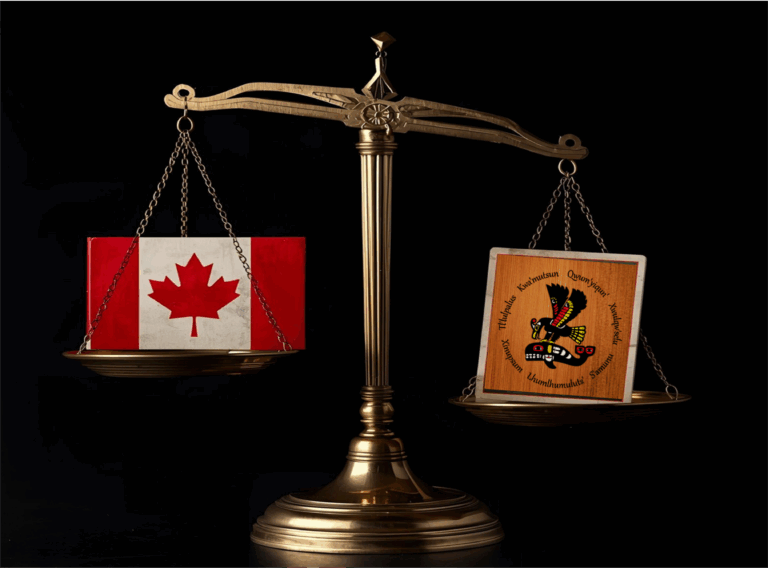The federal government is expected to double contribution limits for Tax Free Savings Accounts from $5,500 to $11,000 in its April pre-election budget. No doubt it will be a central plank in the Conservative economic platform, touted as a great way for millions of “ordinary Canadians” to earn investment income without ever having to pay tax on it. Bundled with income splitting for seniors and families with children, enriched family and child care tax credits, and reminders of their two-point cut to the GST, you can expect to hear electioneering Tories crowing ad nauseum that thanks to them, the tax burden on Canadians “is the lowest it’s been in 50 years.”
The Tories flogged this horse pretty successfully in the 2008 and 2011 elections, but the opposition parties and their allies think they have finally come up with a way to euthanize the old nag. Their election mantra is that the Tory tax cuts are a huge giveaway to “the rich” that won’t benefit the vast majority of the “middle class” at all.
Their cause got a boost recently from a Broadbent Institute report called Double Trouble: The Case Against Expanding The Tax Free Savings Account. The author, Simon Fraser University professor Rhys Kesselman, argued that the Harper government’s plan to double the contribution limits would cost Ottawa and the provinces billions of dollars in lost tax revenues, and almost all of it would wind up in the fat pockets of rich, older Canadians.
The Office of the Parliamentary Budget Officer (PBO) weighed in on the subject in late February with a report that made essentially the same points. Then the PBO (a Tory creation they have increasing reason to regret) took aim at family income splitting, warning that it would cost the federal treasury $2.2 billion in 2015, versus the Department of Finance estimate of $1.9 billion, and disproportionately benefit the filthy rich.
The PBO says the measure will benefit just two million households, only 15 percent of the Canadian total, most of them in the middle to middle high income brackets. The government contends that when income-splitting is combined with its significant increases to the Universal Child Care Benefit, two-thirds of the benefits will flow to low and middle income families.
The truth of the matter will be the first casualty of the election campaign. But the bottom line is that the critics have worked themselves into a lather over very little.
Whether income-splitting costs the federal treasury $1.9 billion as the government says, or $2.2 billion as the PBO contends, it represents less than one percent of a budget approaching $300 billion a year. Even if Ottawa had an extra $2 billion to spend, few Canadians would notice the difference.
As for TFSAs, Prof. Kesselman and the PBO have a point about the wealthy. They have more money than most and therefore a greater capacity to save and invest. But the professor and the PBO are missing the bigger point: TFSAs have encouraged Canadians at all income levels to save, which can only be positive at a time when household debt has reached record levels.
Former Finance Minister Jim Flaherty announced the program in his 2008 budget and it came into effect on January 1, 2009. By 2012, contributions to TFSAs surpassed RRSP deposits for that year. By 2013, Canadians had opened an estimated 13 million TFSAs.
Research by the C.D. Howe Institute reveals that some 40 percent of Canadians over age 65 have TFSAs, but 25 percent of 18- to 29-year-olds are also contributing. More women than men have opened accounts, and mid- to low-income Canadians hold about half of them.
Moreover the critics are ignoring the long-term social and economic benefits of TFSAs and income-splitting. There is more to the issue of equity than this year’s winners and losers. Governments must also provide inter-generational balance. It is fundamentally fair and equitable to assist younger families, through such measures as TFSAs and income-splitting, because the baby boomers are starting to foist some substantial burdens upon their children and grandchildren.
For decades Ottawa and the provinces have routinely resorted to borrowing and budgetary deficits to finance current consumption. Each year’s deficits add to government debts and interest charges that will be paid by future taxpayers.
It is also a fact that Canada’s aging population is driving up the cost of our universal public pensions and health care programs. According to the Canadian Institute for Health Information, public health spending hit $215 billion in 2014, or 11 percent of GDP.
Canadian over the age of 65 represent 15 percent of the population but consume 45 percent of all public health care dollars. Furthermore, spending per patient increases with age. Those aged 65 to 69 consumed $6,368 per capita in 2014 while those aged 75 to 79 consumed $11,692 and beyond age 80 spending per person rose to $21,054.
Then there are public sector pension plans, many of which have unfunded liabilities which will have to be covered by the taxpayers of the future. According to a study by Ted Mallet, vice-president and chief economist with the Canadian Federation of Independent Business, there are some 300 such plans in Canada, covering federal, provincial and territorial civil servants as well as employees in the broader public sector referred to as MUSH—municipalities, universities, schools and hospitals. Mallett put the unfunded liabilities at $300 billion or $9,000 per capita.
Unfunded public sector pension liabilities are a financial black hole, but when the bills come due they will be paid because no government, or municipality, university, school district or hospital for that matter, can afford to default on such obligations.
They will be paid by out of the budgets of the day by the taxpayers of the day – namely the children and grandchildren of the baby boomers. Is that fair? Hardly. That’s why TFSAs, income-splitting for young parents with children and other measures that assist the next generation in some small way are fundamentally fair and equitable.






